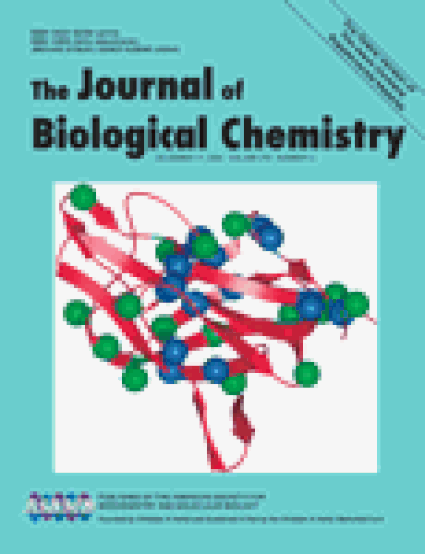
Article
Surface-exposed Hemophilic Mutations across the Factor VIII C2 Domain Have Variable Effects on Stability and Binding Activities
The Journal of Biological Chemistry
(2004)
Abstract
Factor VIII (fVIII) is a plasma glycoprotein that functions as an essential cofactor in blood coagulation. Its carboxyl-terminal “C2” domain is responsible for binding to both activated platelet surfaces and von Willebrand factor. We characterized the effect of 20 hemophilia-associated missense mutations across this domain (that all occur in patients in vivo) on its stability and its binding activities. At least six of these mutations were severely destabilizing, and another four caused moderate destabilization and corresponding reductions in both binding functions. One mutant (A2201P) displayed a significant reduction in its membrane binding activity but normal von Willebrand factor binding, while two others (P2300S and R2304H) caused the opposite effect. Several mutations (including L2210P, V2223M, M2238V, and R2304C) displayed near wild-type stabilities and binding activities and may instead affect mRNA splicing or alternative properties or functions of the protein. This study demonstrated that von Willebrand factor and membrane binding activities can be uncoupled and uniquely disrupted by different mutations and that either effect can lead to similar reductions in clotting activity. It also illustrated how a heterogeneous genetic disorder causes diverse molecular phenotypes that result in similar disease states.
Disciplines
Publication Date
December 17, 2004
Publisher Statement
DOI: 10.1074/jbc.M409389200
Citation Information
P. Clint Spiegel, Paul Murphy and Barry L. Stoddard. "Surface-exposed Hemophilic Mutations across the Factor VIII C2 Domain Have Variable Effects on Stability and Binding Activities" The Journal of Biological Chemistry Vol. 279 Iss. 51 (2004) Available at: http://works.bepress.com/pc_spiegel/11/
